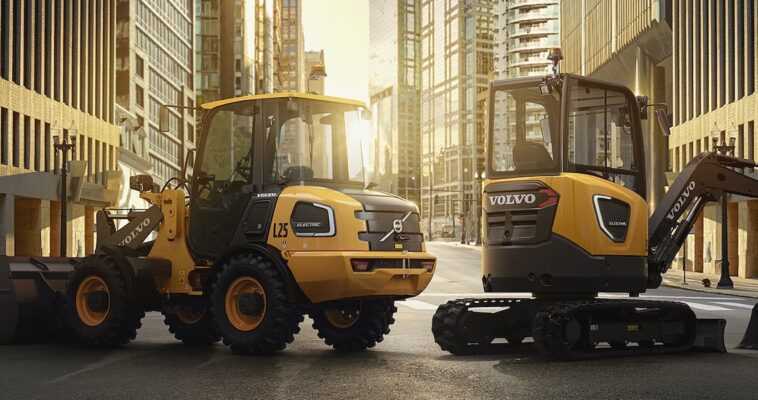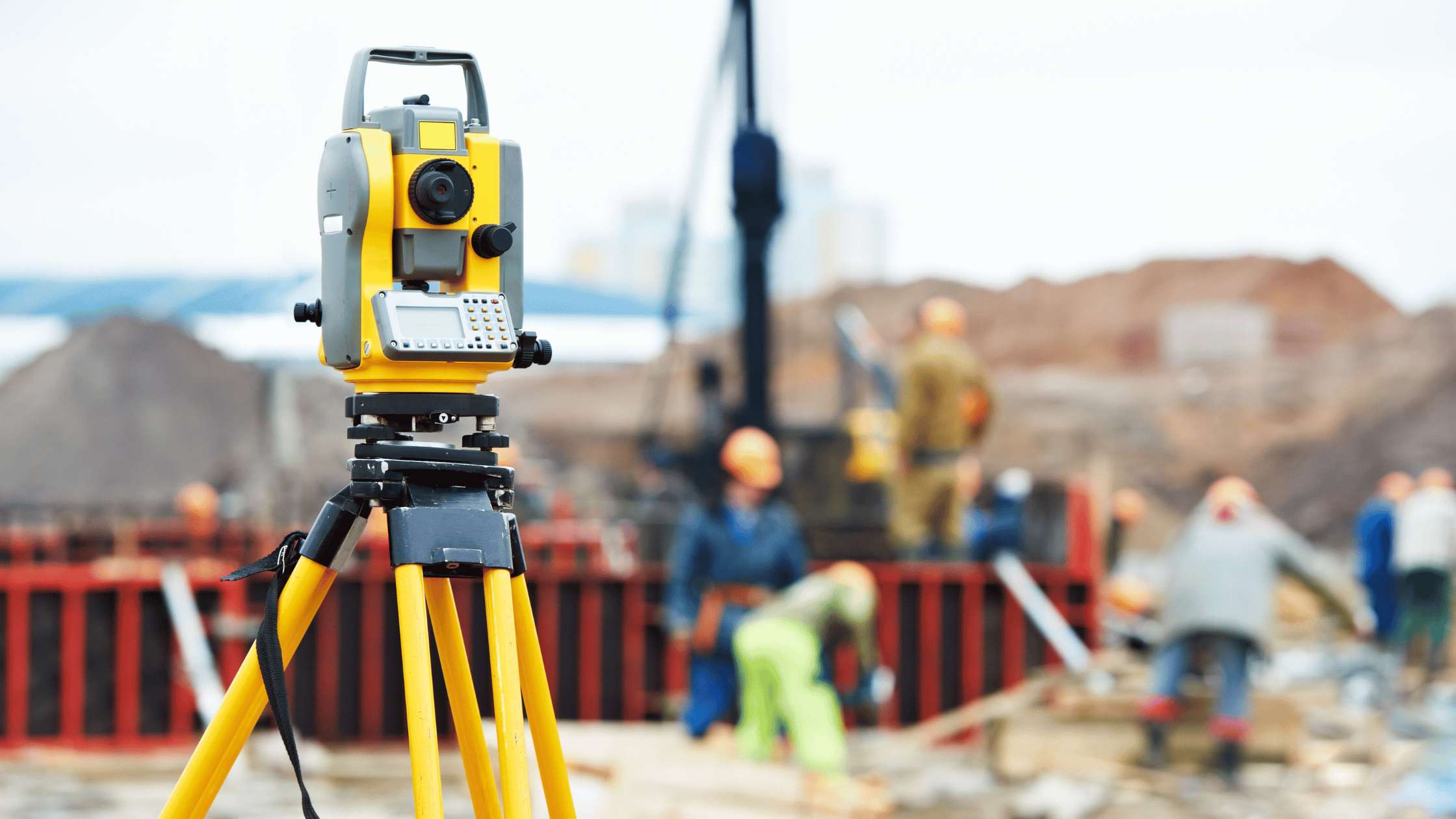


In 2025, optimizing equipment utilization is more critical than ever. Contractors can leverage AI-driven fleet management, predictive maintenance, compact machines for urban projects, and enhanced safety technology. These innovations minimize downtime, maximize efficiency, and improve profitability.

The heavy equipment industry is shifting towards sustainable solutions. Environmental concerns, government regulations, and economic benefits drive this shift. Electric and hybrid equipment offer reduced emissions, lower operating costs, and improved performance. These eco-friendly alternatives are gaining popularity, particularly in urban construction projects. As the industry continues to evolve, electric and hybrid solutions will play a vital role.

Autonomous equipment is poised to revolutionize the construction industry. This technology has the potential to transform the way we build, making construction sites more efficient and productive. Autonomous equipment can operate continuously, reducing downtime and increasing project completion rates. The benefits of autonomous equipment are numerous, including increased productivity, reduced labor costs, and enhanced safety. As the industry continues to evolve, autonomous equipment will play a vital role.

The heavy equipment industry has undergone significant transformations in recent years. Technological innovations have revolutionized the sector, enhancing efficiency, productivity, and safety. Five key advancements are changing the landscape: autonomous equipment, electric and hybrid solutions, telematics and data analytics, advanced hydraulic systems, and integrated safety features. These technologies converge to reduce emissions, lower operating costs, and improve operator experience. As the industry continues to evolve, we can expect increased adoption of these innovations.